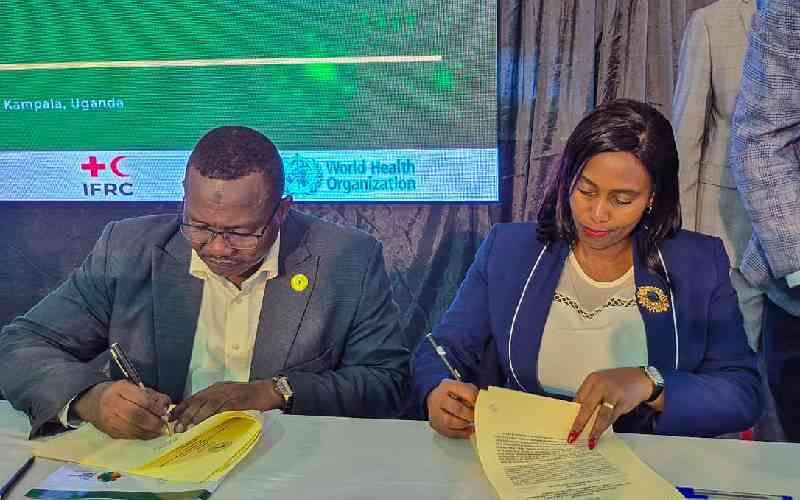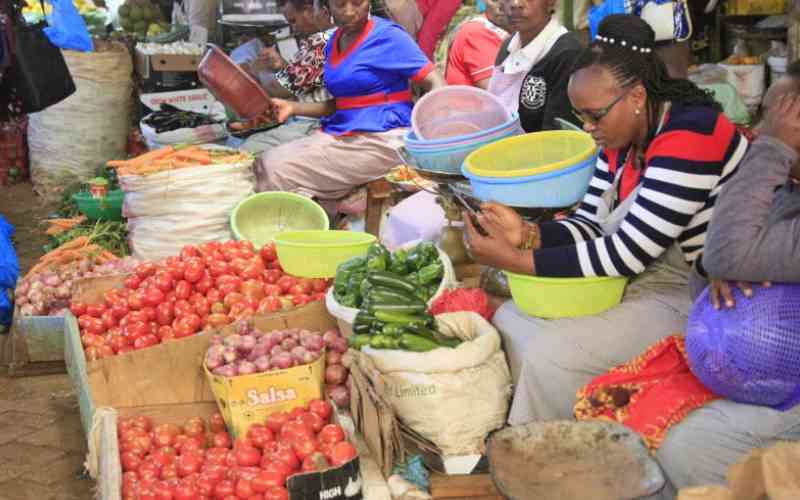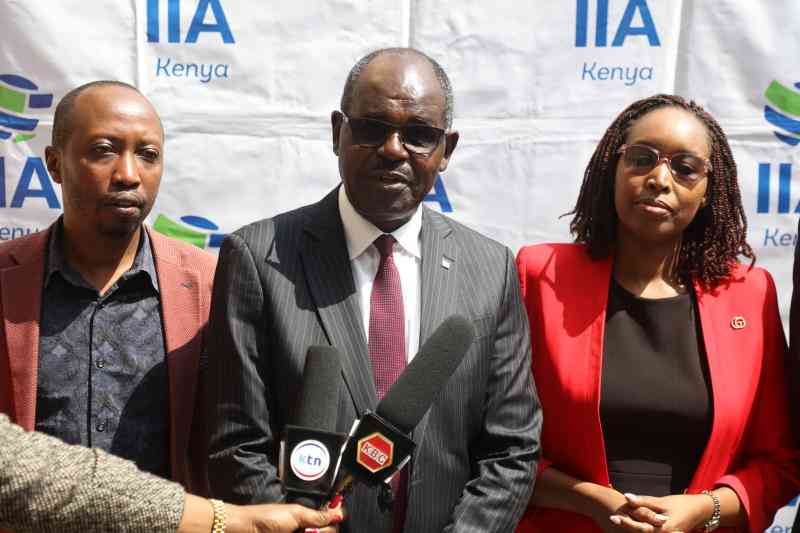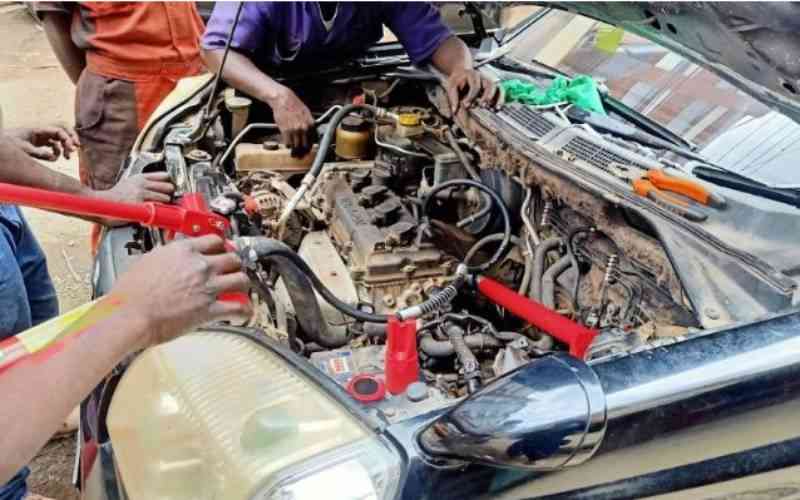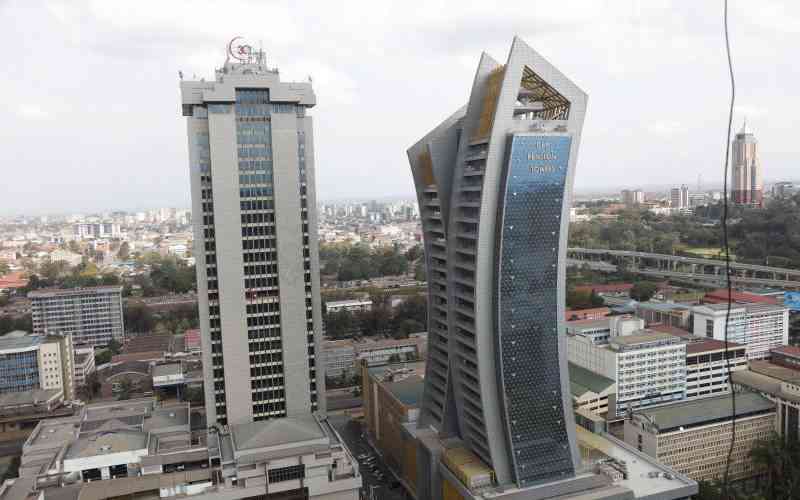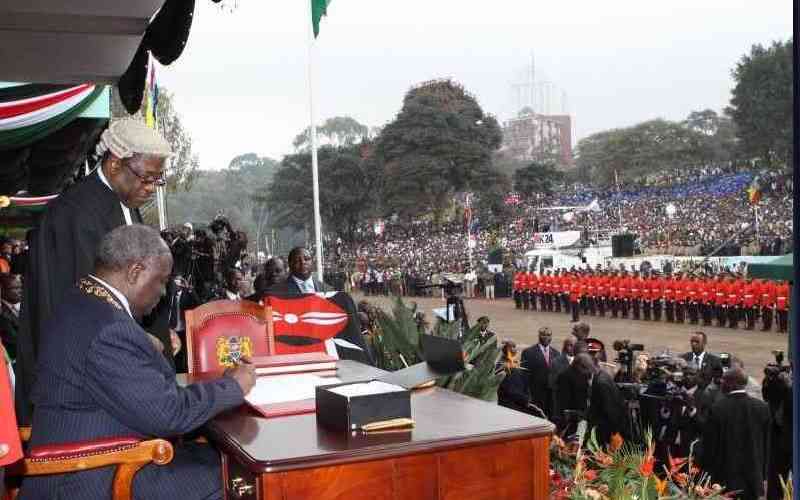
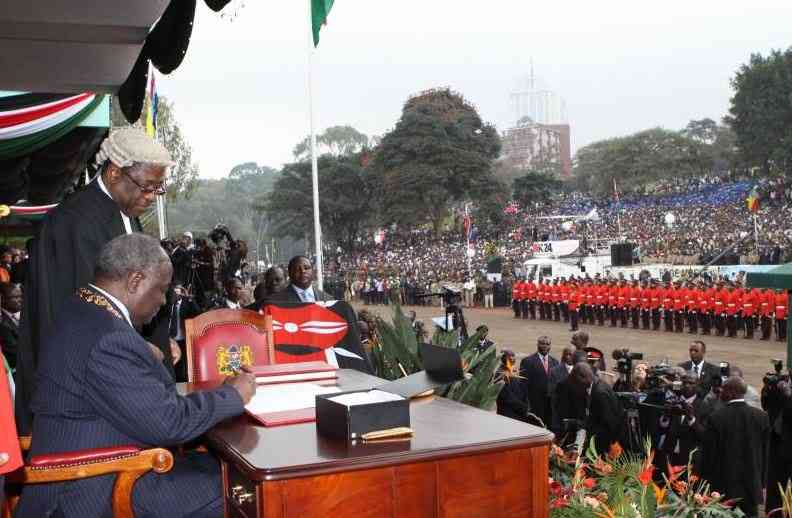
Fifteen years since the 2010 Constitution was promulgated, the document remains a powerful symbol of national renewal and democratic aspiration.
Yet, as the Kenya Diaspora Technical Working Group (DTWG) rightly observes in its statement on Katiba @15, for the millions of Kenyans abroad, this promise remains incomplete. The Constitution was meant to transcend borders and unite all citizens under one framework of dignity, equity and participation. However, for the diaspora, its implementation has been partial at best, and exclusionary at worst.
From the diaspora perspective, the most glaring gap lies in voting rights. Article 38 of the Constitution guarantees every Kenyan the right to vote, but logistical bottlenecks and restrictive regulations mean that only a fraction of Kenyans abroad can exercise this fundamental right.
For many, the journey to the nearest polling station — in just a handful of embassies and consulates—is costly and impractical. This reality is not merely a technical challenge; it is structural disenfranchisement. It signals that diaspora voices are welcomed symbolically, but obstructed practically.
Representation is another missed opportunity. While the Constitution envisages participatory democracy, diaspora representation in governance remains absent. There are no reserved seats in Parliament, no statutory Diaspora Commission, and no consistent advisory mechanisms to government. Instead, diaspora organisations operate in a vacuum, unrecognised and unsupported despite their contributions to national development. For a group that remits over Sh650 billion annually — Kenya’s single largest source of foreign exchange — this lack of institutional recognition is ironic and unjust.
Bureaucratic barriers in accessing citizenship, documentation, and dual nationality rights continue to alienate Kenyans abroad, particularly second-generation youth. Families are often forced into lengthy and costly processes to secure birth certificates, passports or dual citizenship recognition. This bureaucratic hostility undermines belonging, erodes identity and risks detaching a generation of Kenyans from their homeland.
That said, progress should not be dismissed. Creation of the State Department for Diaspora Affairs (SDDA) was a historic step, signalling formal acknowledgement of diaspora issues. Initiatives such as diaspora investment conferences, bilateral labour agreements, and county-level diaspora liaison offices show there is potential and goodwill.
The government’s negotiation of labour protections in the Gulf region, including minimum wage guarantees and pre-departure training, are victories that respond to real diaspora struggles. Yet, as DTWG points out, these gains are scattered and lack statutory backing for continuity across political cycles.
So how can the government do better for its diaspora? First, diaspora voting must be implemented fully, using expanded polling stations and digital platforms to remove barriers. Second, diaspora organisations need statutory recognition through a Diaspora Commission with clear legal mandate, adequate budgetary support and institutional accountability.
Third, Kenya must introduce formal diaspora representation in Parliament or at minimum, establish advisory councils with genuine influence over policy. Fourth, the government should streamline and digitise citizenship processes, ensuring young Kenyans abroad feel included. Finally, diaspora investments must be safeguarded through clear tax policies, legal protections, and government-backed economic incentives.
For the diaspora, these demands are not requests for special treatment. They are calls for constitutional compliance, equity and dignity—the very principles enshrined in the Katiba. The Constitution belongs to all Kenyans, whether in Nairobi, Nakuru, New York or London.
As we mark 15 years of Kenya’s transformative Constitution, let this be not just a moment of celebration, but of reckoning. The diaspora is not a peripheral constituency; it is central to Kenya’s political, economic and cultural fabric. A government that genuinely listens to its diaspora, strengthens its democracy.
Kenya cannot wait another 15 years. Time to act is now.
